Videos
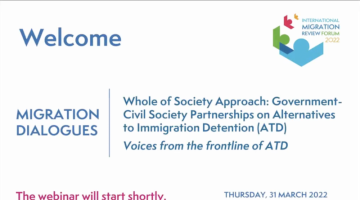
Whole of Society Approach: Government-Civil Society Partnerships on Alternatives to Immigration Detention (ATD)

Stakeholder Consultation on the Organization of the Informal Interactive Multi-stakeholder Hearing
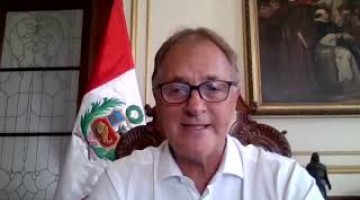
The Impact of our Evolving Climate on Migrants.

GCM Principios Rectores - SP

Engaging with the Private Sector in AFRICA: a recipe to successful GCM implementation
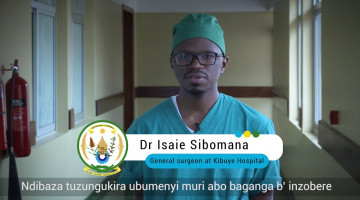
Diaspora Engagement In Rwanda In The Health Sector

Safe and fair migration through Migrant Workers Resource Center
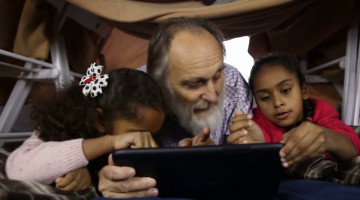
Key Lessons About Diaspora Engagement During The Covid-19 Pandemic

Diaspora: Origins, Evolution and Engagement
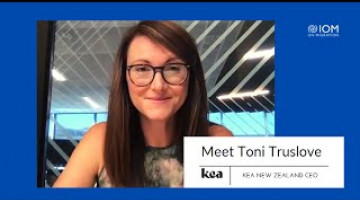
Meet Toni Truslove – Chief Executive of KEA New Zealand

Intersectional solidarities and coalition building
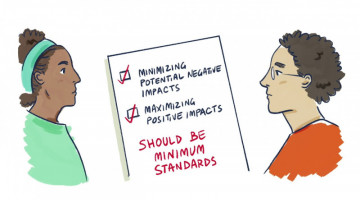
Connecting the dots: Visualizing the P in the Humanitarian-Development-Peace Nexus

Enhancing Covid-19 Response Through Diaspora Engagement In Armenia
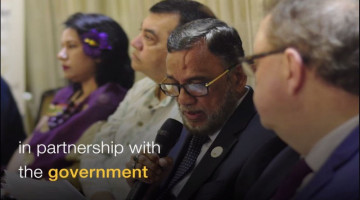
CGCM (Civil society for Global Commitment on Migration)

Panel Discussion "GCM Objective 1" (Diaspora Transnationalism)
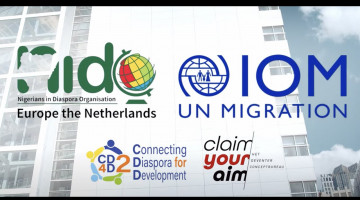
Contributing to the Development of Nigeria
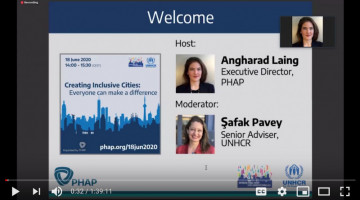
Creating Inclusive Cities (Global Compact on Refugees)

Linking insurance with remittances through technology
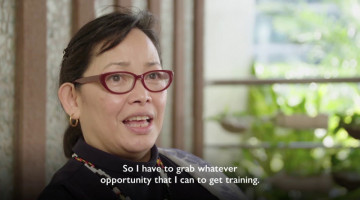
Return Migrants Contributing to Entrepreneurship and Growth
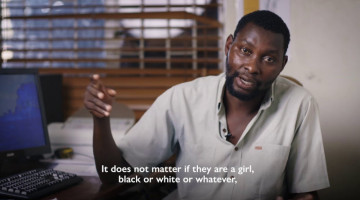
Enriching Rural Communities through Migration for Sustainable Development
Pagination
About the Migration Network Hub
What is the Migration Network Hub?
The Hub is a virtual “meeting space” where governments, stakeholders and experts can access and share migration-related information and services. It provides curated content, analysis and information on a variety of topics.
The Hub aims to support UN Member States in the implementation, follow-up and review of the Global Compact for Migration by serving as a repository of existing evidence, practices and initiatives, and facilitating access to knowledge sharing via online discussions, an expert database and demand-driven, tailor-made solutions (launching in 2021).
Submit your content
What content is displayed in the Hub?
The Hub aims to help you find information on migration, ranging from policy briefs and journal articles, existing portals and platforms and what they offer, to infographics and videos. The different types of resources submitted by users undergo peer review by a panel of experts from within the UN and beyond, before being approved for inclusion in the Hub. To provide guidance to users based on findings of the needs assessment, the content is ordered so that more comprehensive and global resources are shown before more specific and regional ones. Know a great resource? Please submit using the links above and your suggestion will be reviewed. Please see the draft criteria for existing practices here.
Apply to join the Peer Review Roster
Content submitted to the Migration Network Hub is first peer reviewed by experts in the field from both the UN and beyond. Applications are welcomed to join the roster on an ongoing basis. Learn more here.
Contact us
We welcome your feedback and suggestions, please contact us
*References to Kosovo shall be understood to be in the context of United Nations Security Council resolution 1244 (1999).
Newsletter
Subscribe to our newsletter.